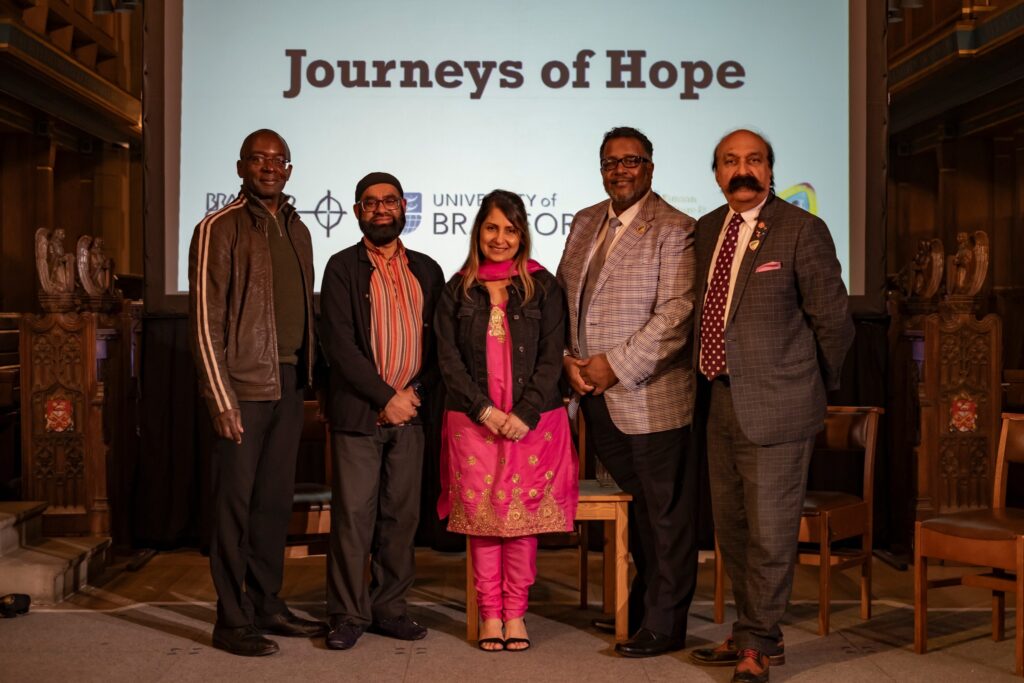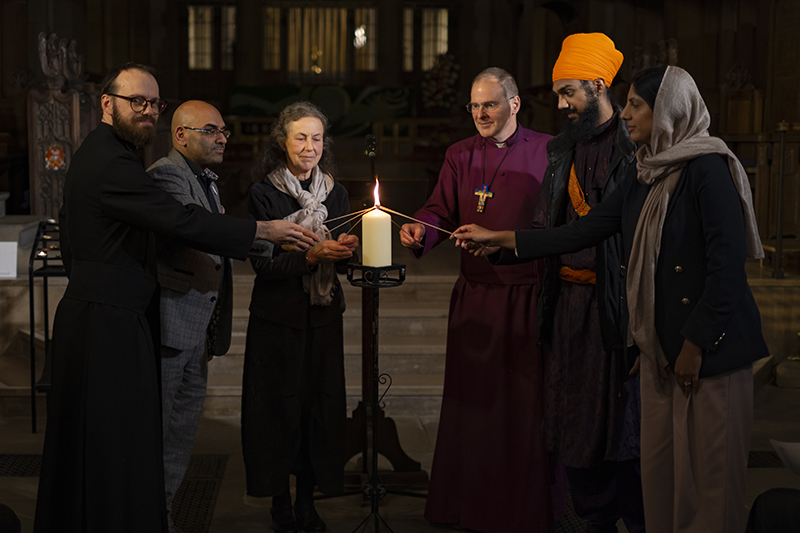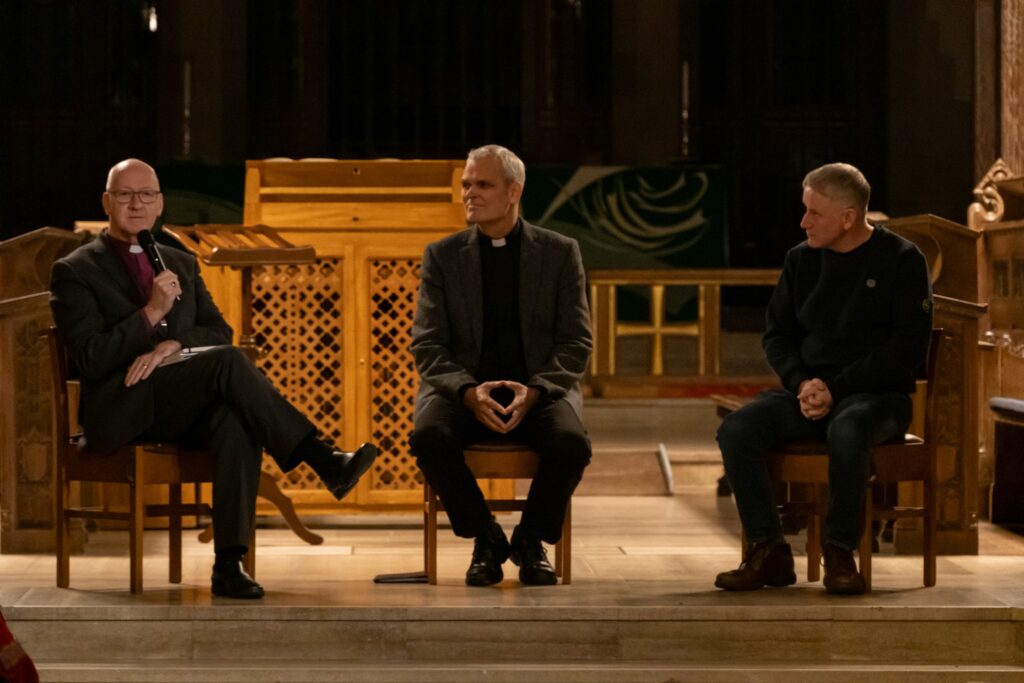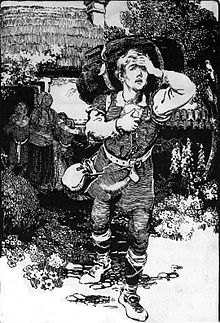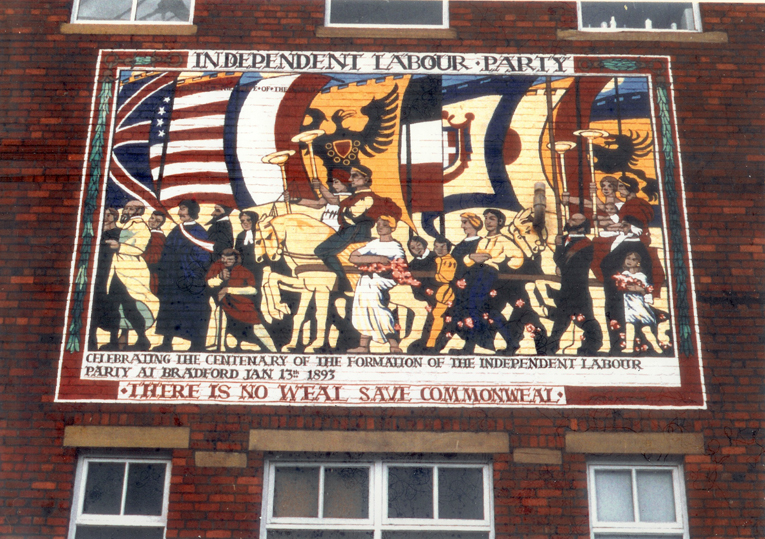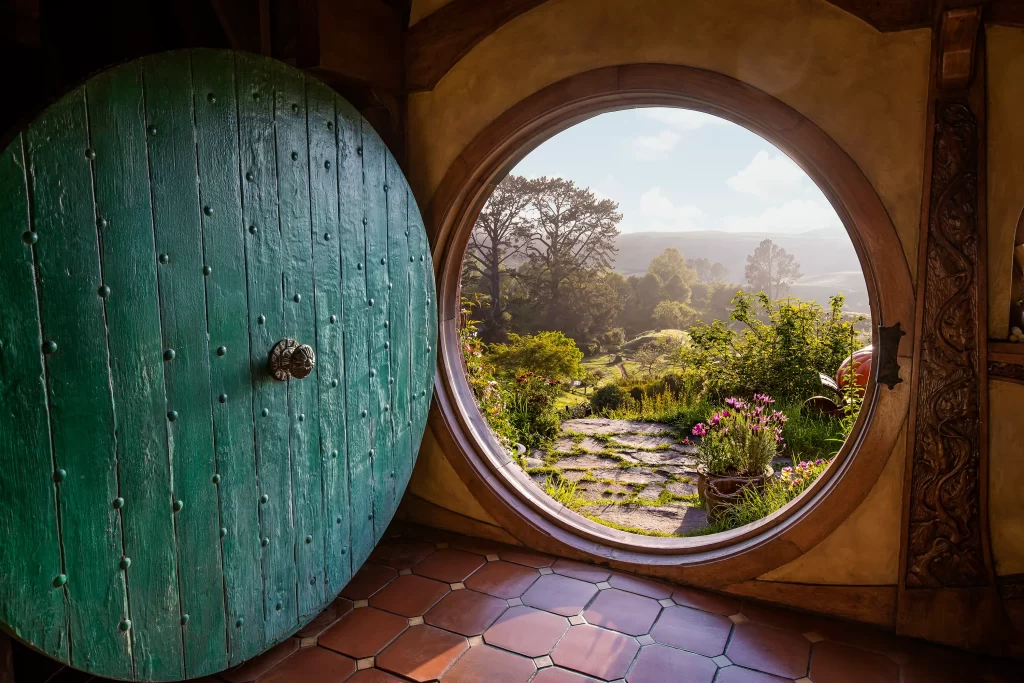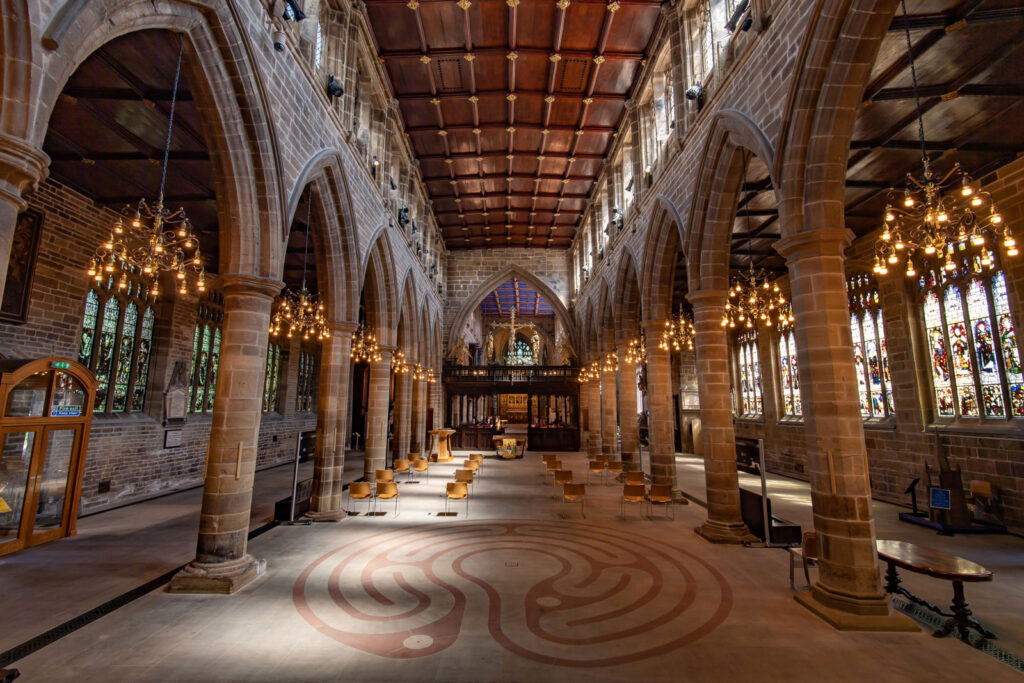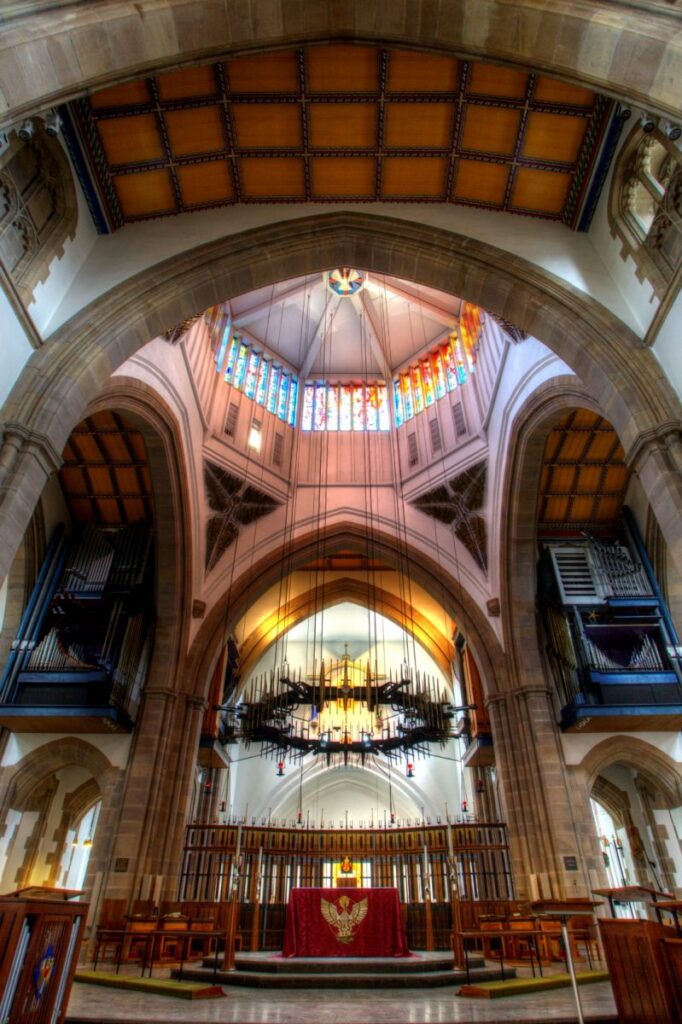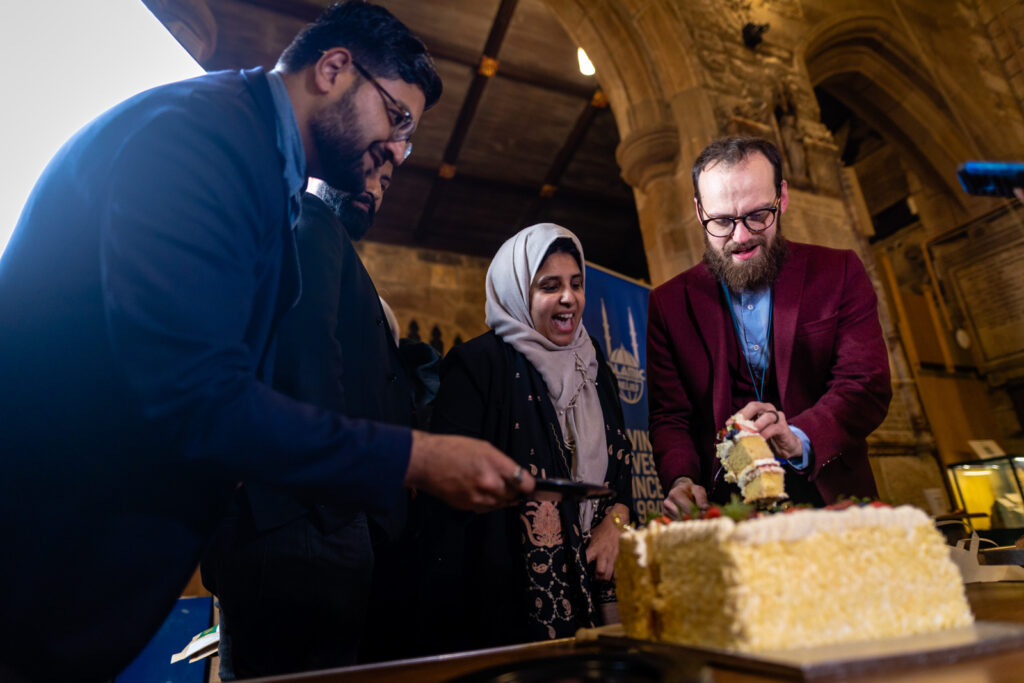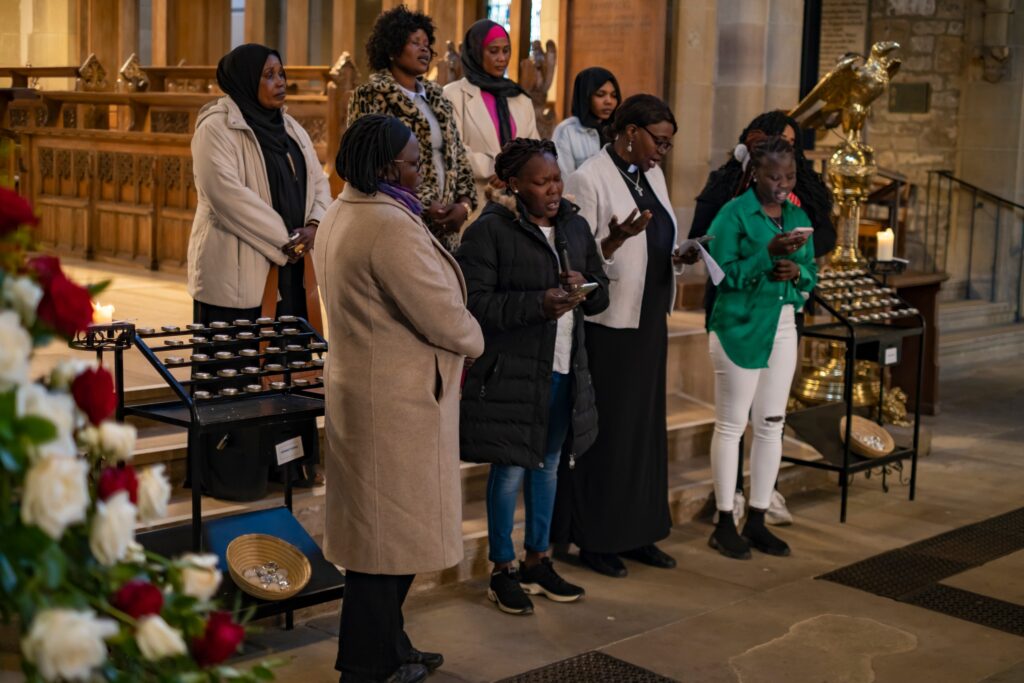Frustrated I decide to walk around my accommodation. I am listening to David Gray’s classic 90s album ‘White Ladder’. My mum always chose an album to listen to on repeat when she travelled to capture memories within music. To this day I still can’t listen to George Harrison’s ‘All Things Must Pass’ without thinking of my trip around Scandinavia. I am frustrated that my plans are not stable, and I do not have ready access to a 3G (let alone a 4G) network in Pakistan and so can’t leave the range of my Wi-Fi connection in case the person I am meant to be meeting contacts me with revised timings.
As I turn a corner a man makes eye contact with me and approaches. I take my headphones off and greet him in attempted Urdu.
“I don’t speak very much Urdu.” he responds.
Join the club!
What follows is a fascinating conversation about life as a Pakistani Christian. The tone is different from my host. This man was born and raised in England to Pakistani parents. He now travels around Pakistan encouraging Christian communities. He talks about how many Christians are forced to live in unwanted land which has bad soil and floods every year. This means they permanently live in temporary homes. Every year the floods wash their homes away and they rebuild. He is working to build bamboo houses which stand on four or five-feet legs. The engineering was designed by bamboo artisans who had only worked on plates and cutlery.
He speaks of things I can not write publicly asking for my prayers. I hold back my tears listening to the story of Esther John, a Pakistani Christian martyr, one of the 12 martyrs honoured on the side of Westminster Abbey. After she was killed the authorities said she had had a lover out of wedlock. They knew about him as she wrote about him in her diary. That lover’s name was Jesus.
He shows me a cross salvaged from a burnt church that he is hoping will be put in a chapel dedicated to the Pakistani martyrs. Suddenly my presence and my planned interactions with the wider Pakistan feels compromised. I reconsider my published writing and return to my room to re-read to ensure that I have not caused danger. This proves fruitless and I spiral into anxious paranoia.
Lord, have mercy.
Why does the request for prayer from such devastating and desperate situations fill me with such impotence and an inner demand to do more? Why is this the first and often only response to offers of help? As a minority community which has faced genuine persecution and where their basic desire to follow Jesus is curbed, it is God alone who can help. Here in Pakistan, Christian security is not guaranteed and at any moment normal life can be interrupted by unannounced attacks which are likely to be covered up or justified by the authorities. Although Christians are given freedom to worship and be called citizens these are not secure. The only security they have is in God and his promises.
In this conversation evangelism is spoken of as first priority. Church leadership of the past is criticised as falling into maintenance mode and the congregation sizes shrunk. I wonder whether my conversation partner focuses on evangelism and conversion as the solution due to his British upbringing which differs from my host who is Pakistani born and bred. Does this man who speaks so passionately about the situation of the ‘hidden church’ carry with him a metamorphized colonial spirit which seeks adventure and expansion of horizons? My host, existing as he has in a large country part of a larger subcontinent amongst millennia long multiculturalism, may opt for the personal discipleship and focus on the community of faith as an expression of this different culture.
There is also a difference between the hidden ministry and the public. Ironically, the public ministry looks to hide its evangelism in Pakistan because of the very real consequences, whilst the hidden ministry is more bold about the telling of Jesus. I am not sure if this is correct but there is something here which requires more reflection.
We find ourselves standing listening to a group of young people singing a song based on a Psalm.
“You are the God who forgives.” They sing in Urdu.
I am touched by their gentle boldness of faith. I note they sing this in a sanctuary but my new found friend leans in and says they have sung this in the desert. I ask what he means and he tells me that they developed this ministry during Covid and afterwards toured it to the Cathedrals and some small churches across Pakistan and ended in the desert to the south. They were expecting 20 people to join them but they ended up having 200 people, some of whom had walked 8 hours into the desert to hear worship sung.

Forgiveness. The breaking of retaliation and revenge. This is the story, whether spoken out loud or lived out in bold acts of defying expectations, that changes lives. I finished reading ‘The Train to Pakistan’ earlier. It finishes with a scene of suicidal violence in the face of longstanding religious hatred and distrust. This tale of how the Partition changed a small, fictional, intercultural village is depressingly bleak. Bleak in its inability to offer a way out of revenge and generational grievance. All peacemakers are silenced with no narrative to persuade or hold to. Redemption never gets a look in. The deaths may be called martyrdom in the cultures in which they are rooted but this form of martyrdom does not sow seeds of new life. The ‘martyrdom’ depicted in the Muslim and Sikh characters of the book offers nothing to those who live except a reason to be mightier and angrier.
This is not the martyrdom of Esther John or her ‘lover’, Jesus. For we who seek to follow him to the Cross do so, not to receive a personal heavenly welcome but to make a heavenly gift for all. We should not seek our own post-mortem security but the establishing of God’s eternal Kingdom and thus security and justice for all, even those who kill us. If the martyr’s blood is the seed of the Church the martyrs are those whose blood is spilt due to acts of forgiveness.
People, particularly young people, are yearning for forgiveness and grace. Our world cannot find a way to justify this. The narrative is not structured towards this. Without Jesus and the good news of his redemption of humanity there is no reason for total and unrestrained forgiveness. Most cultures and religions promote some forms of forgiveness but they are all limited. We cannot continue to allow Christianity to bend towards this temptation.
I pray as the young people sing with beautiful fragility that only young people can.
“Shukriya, Khuda (Thank you, God)”



